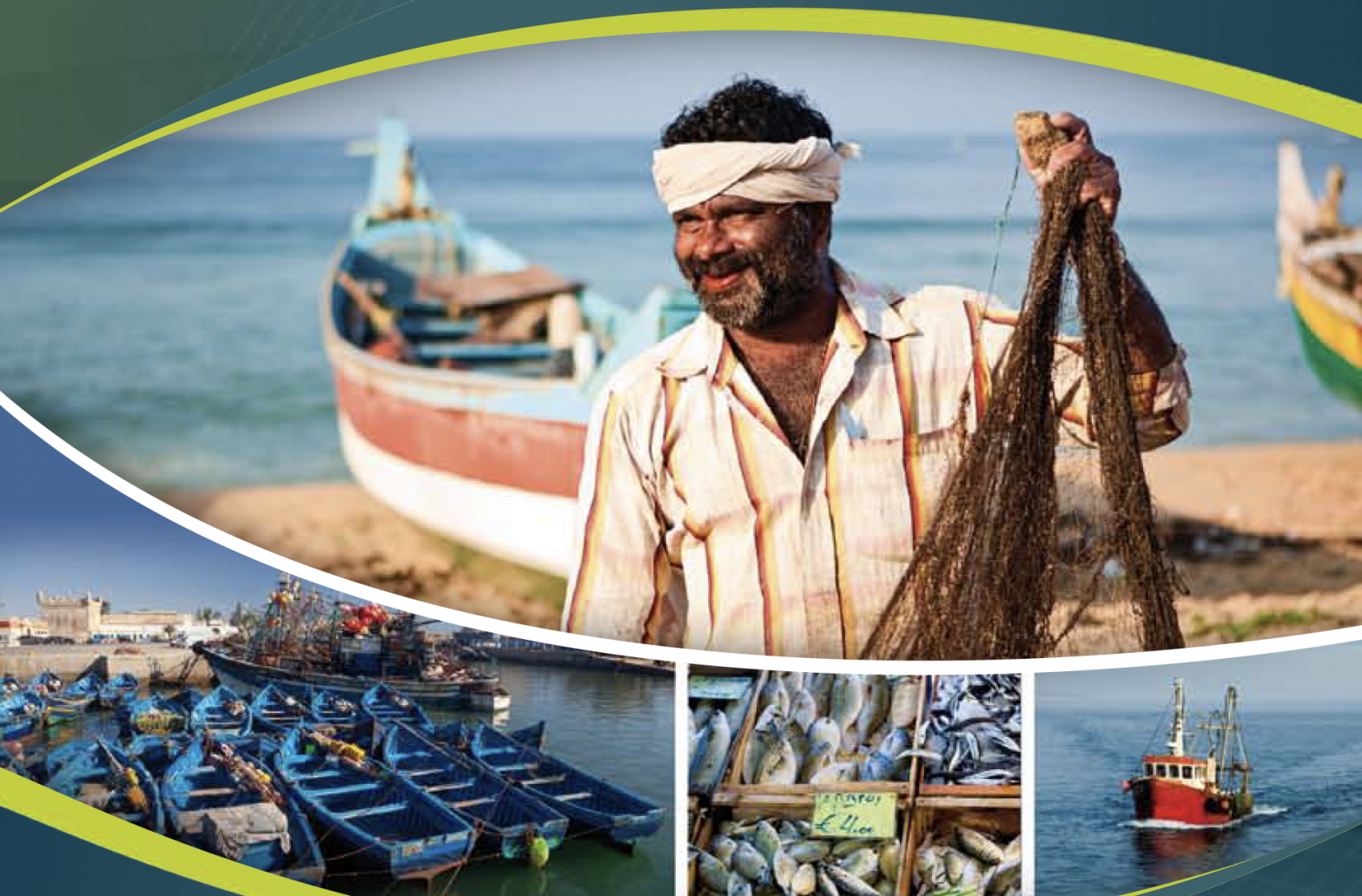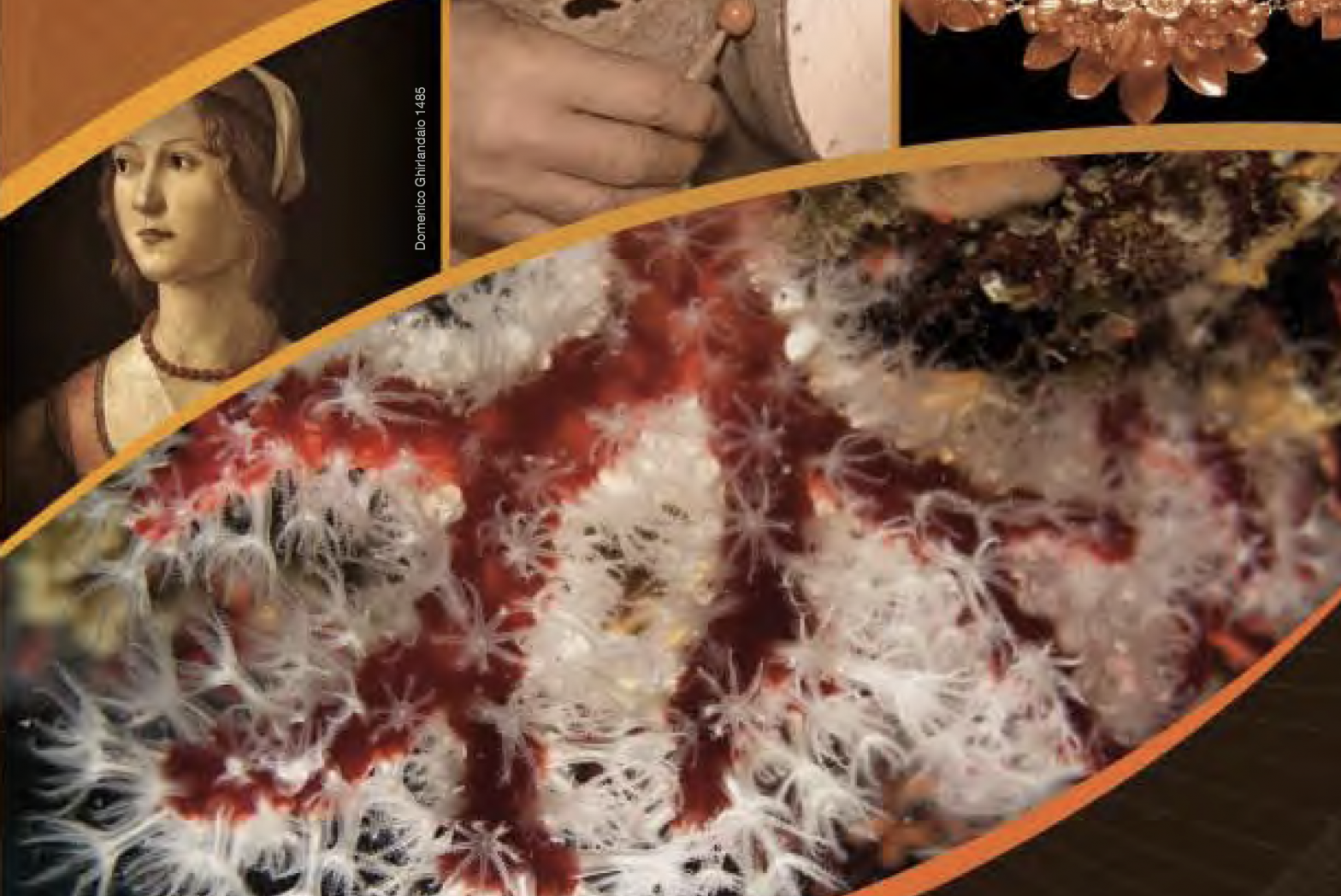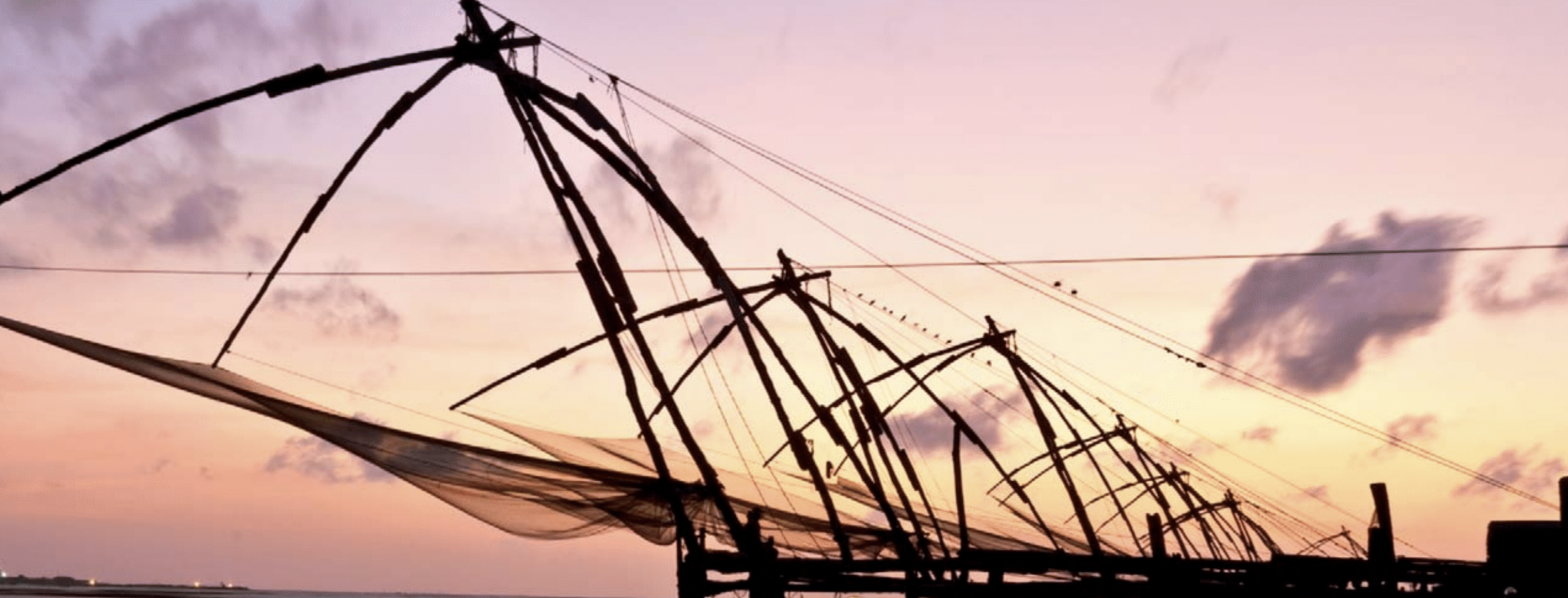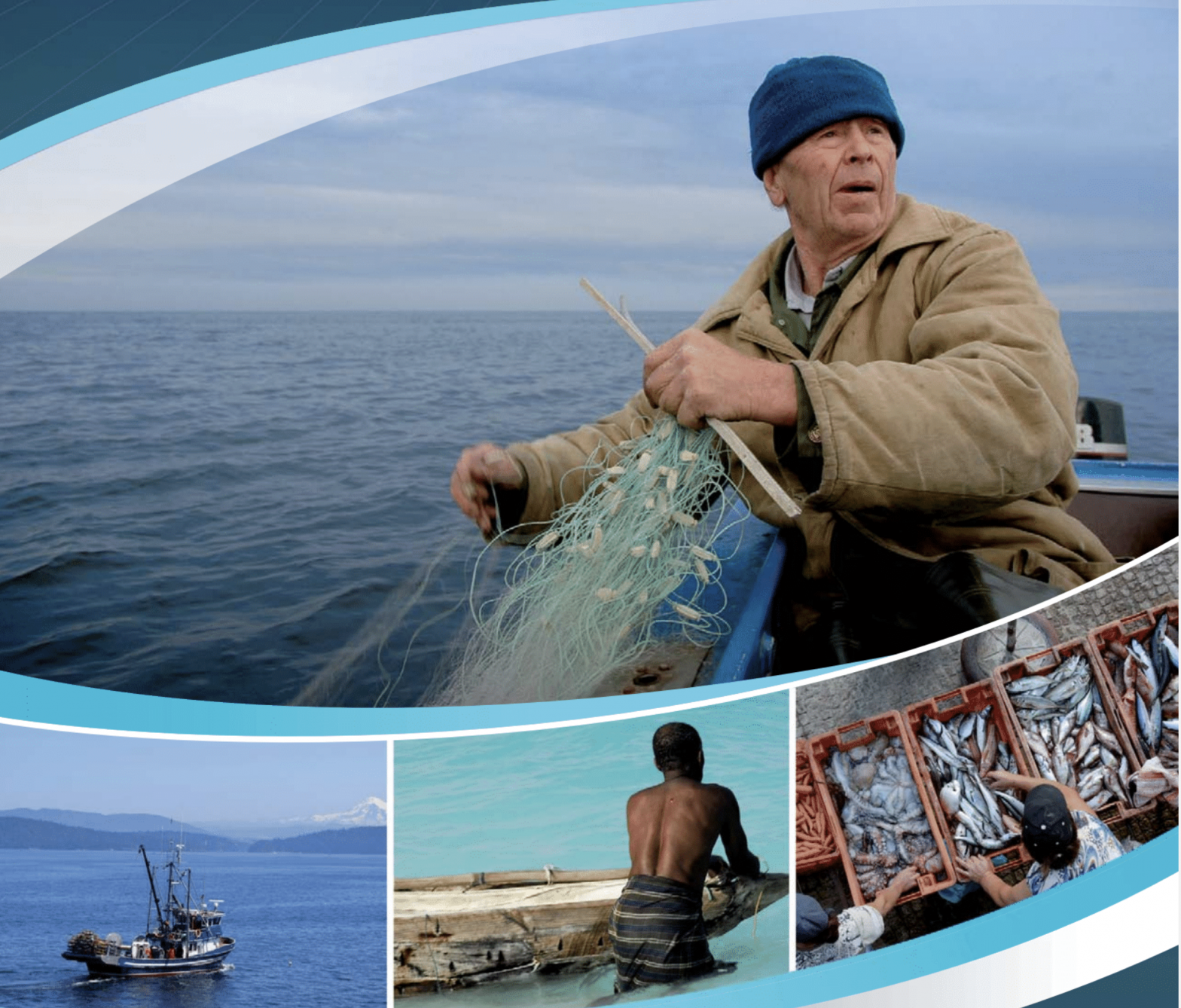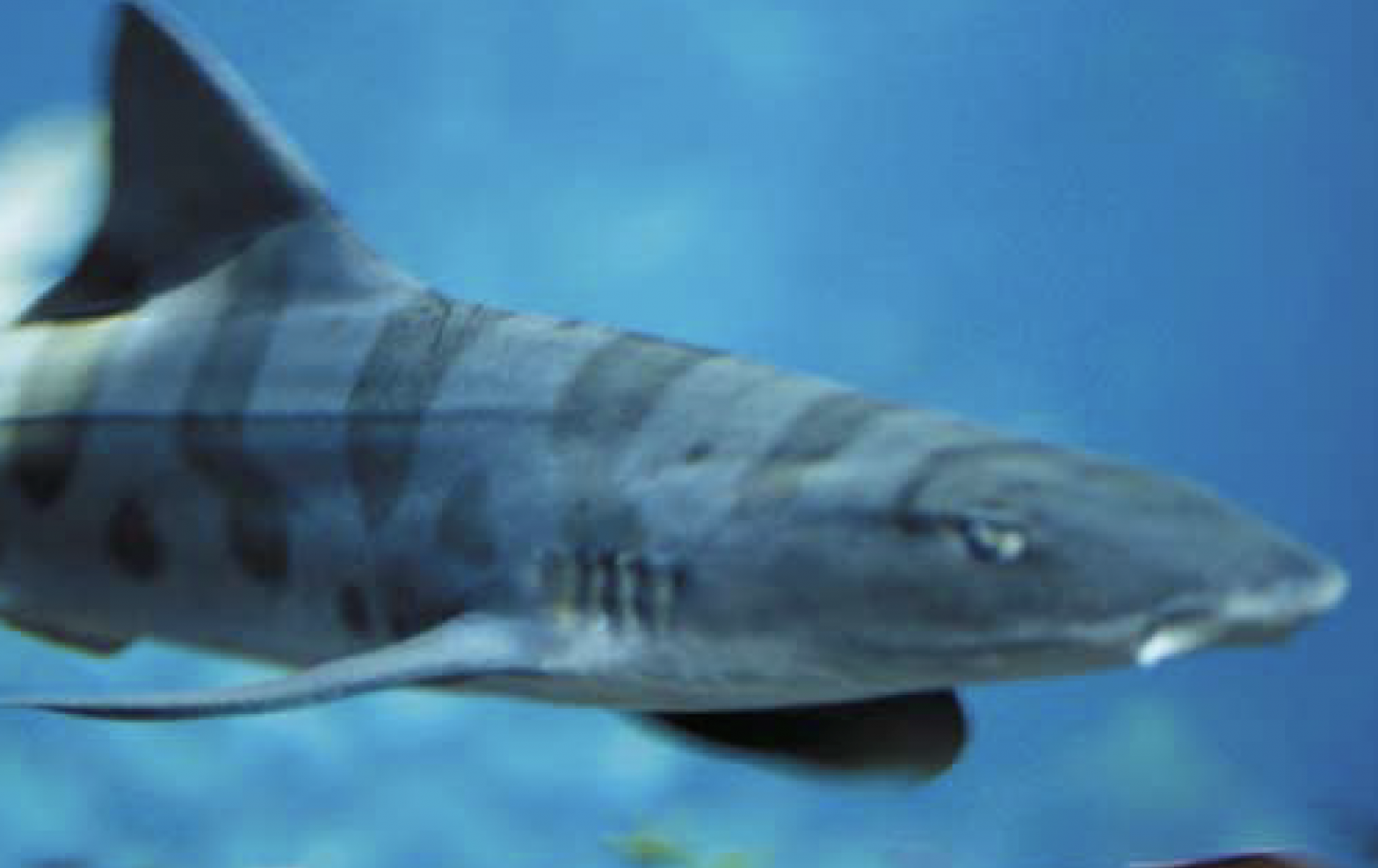Originally published in www.fishermensnews.com. Members of the Scientific Committee of the International Whaling Commission (IWC) will begin 2015 by reviewing a new proposed research plan for an Antarctic whale research program, known as NeWReP-A, under which Japan will gather evidence to demonstrate that future commercial harvests of minke whales can be conducted sustainably. While the… Continue reading It’s Time to Listen to Japan on Whaling

